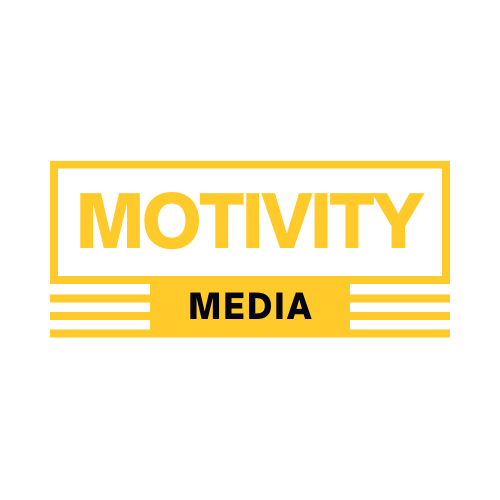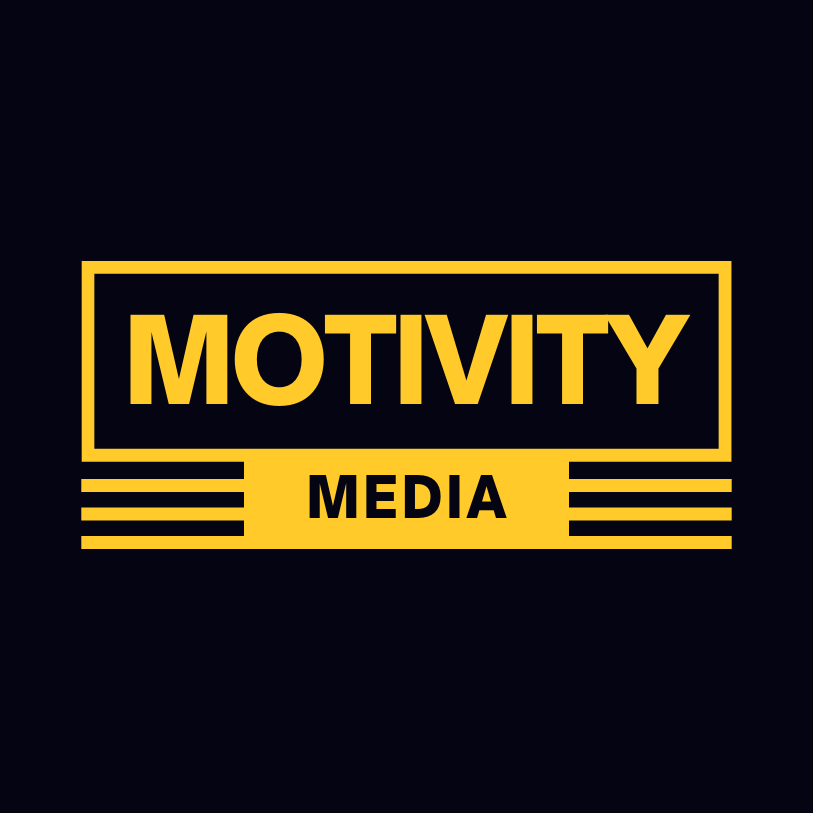Why Organizations Need An Absolute Truth
Exchanging absolutes for individual truths can be a recipe for organizational disaster.
In an increasingly diverse and complex world, organizations face a delicate tightrope walk: balancing individual expression with the need for cohesion and collective action. This tightrope becomes particularly precarious when moral absolutes—universally accepted principles of right and wrong—give way to a free-for-all of "individual truths." While celebrating individual perspectives has its merits, unchecked moral relativism can be a recipe for organizational chaos, ethical quagmires, and, ultimately, failure.
Moral relativism holds that morality is not absolute but relative to the individual or their cultural context. This perspective states that right or wrong varies depending on personal beliefs, experiences, and social norms. While this approach fosters tolerance and understanding of diverse viewpoints, it can also breed confusion, conflict, and a dangerous lack of accountability.
In organizational settings, the consequences of unfettered moral relativism can be dire. Imagine a company where decisions on sensitive issues like workplace discrimination or environmental sustainability are left solely to individual discretion. One employee's "truth" of harmless humor might be another's microaggression experience. One person's belief in prioritizing profits above all else might clash with another's commitment to responsible sourcing.
Without a shared moral compass, organizations lose the bedrock of trust and cooperation essential for their success. When individuals operate within their moral silos, collaboration becomes fraught with tension and suspicion. Decision-making grinds to a halt, paralyzed by conflicting viewpoints. Worse, ethical breaches become more likely as individuals justify their actions based on their internal frameworks, unmoored from any overarching principles.
“Do your best to present yourself to God as one approved, a worker who does not need to be ashamed and who correctly handles the word of truth.”
2 Timothy 2:15
Organizations facing this tension must strike a delicate balance. Embracing individual perspectives is crucial for innovation and growth, as is establishing a shared set of ethical principles that bind everyone together. This "moral glue" can be found in the organization's core values, mission statement, and codes of conduct. These documents can provide a north star for decision-making and behavior when crafted through inclusive dialogue and captured with genuine meaning.
Several academic studies underscore the importance of shared moral ground in organizational success. A study published in the Journal of Business Ethics found that organizations with strong ethical cultures outperform those with weak ones regarding financial performance, employee engagement, and customer satisfaction. Similarly, research published in the Academy of Management Journal revealed that a shared sense of purpose can foster collective action and resilience in facing challenges.
Establishing and upholding a shared moral framework requires strong ethical leadership. Leaders must articulate and consistently embody the organization's values in their actions and decisions. By demonstrating ethical behavior and holding others accountable, leaders can create a culture where individual "truths" are found within a larger framework of shared purpose.
Navigating the tension between individual truths and shared moral ground is a complex challenge for organizations. Yet, it is a challenge that cannot be ignored. By fostering a culture of open dialogue, shared values, and ethical leadership, organizations can harness the power of diversity while mitigating the perils of moral relativism. In doing so, they can build trust, cohesion, and purpose—essential ingredients for thriving in today's ever-changing world.

